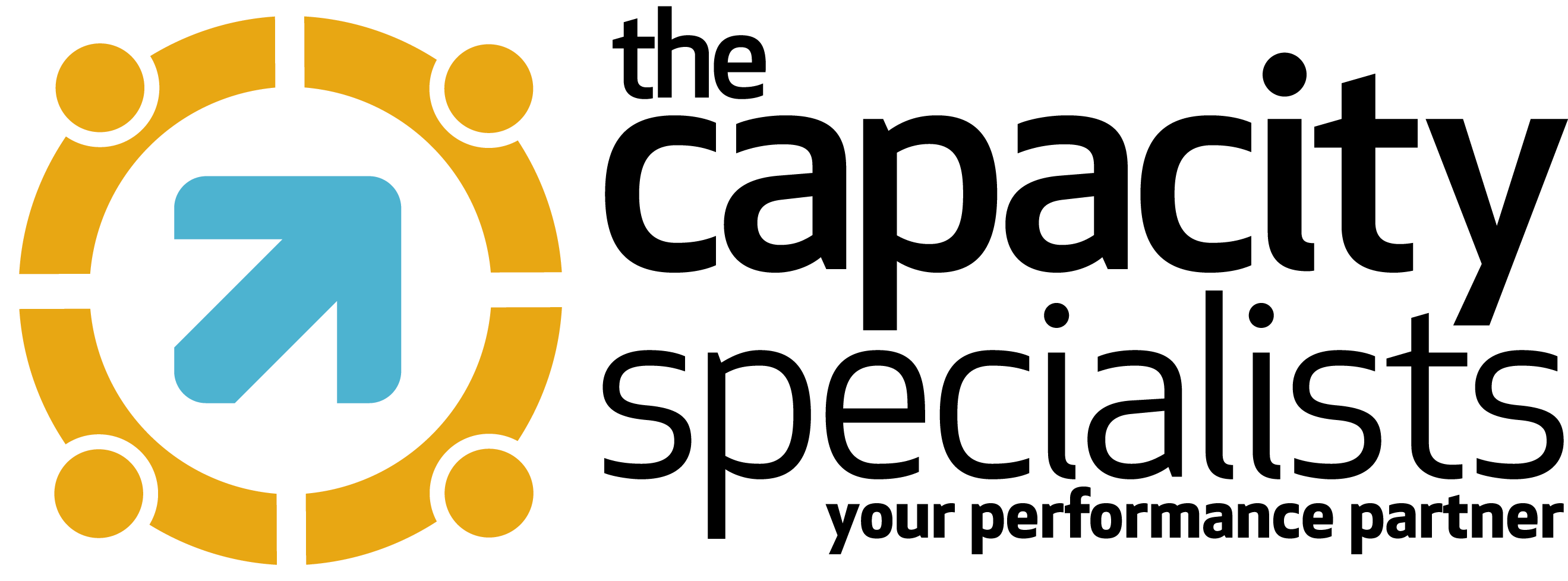Elevating the Role of Learning and Development Professionals in Cambodia
In the fast-paced and constantly changing world, the role of learning and development (L&D) professionals is key in driving organisational success. However, in Cambodia, the profile of L&D professionals is not as prominent as it should be. This article aims to highlight the importance of raising the profile of L&D professionals in Cambodia, discuss the current lack of representation at the senior management table, and introduce the concept of a Chief Learning Officer (CLO) as an ideal model for L&D professionals.
The Strategic Importance of Learning & Development
Effective learning and development initiatives are strategic enablers in organisations. Human capital is one of the biggest investments in most organisations, so success for these organisations will be reliant on how well their human capital performs. L&D plays a crucial role in fostering employee engagement & retention, improving performance, and driving innovation & success within organisations. L&D professionals have the unique ability to shape the learning culture, align training programs with organisation objectives, and empower & support employees to reach their full potential. By providing employees with the necessary knowledge, skills, behaviours & competencies, L&D professionals contribute to improved productivity, increased customer satisfaction, increased revenue generation, and overall organisational growth.
By framing L&D initiatives strategically, L&D professionals can also become strategic enablers for performance improvement. Instead of running training activities to only ‘tick a box’, L&D professionals should work closely with senior management to identify critical skills gaps, evaluate development needs, and develop targeted learning solutions. By aligning L&D with organisational goals and focusing on high-impact learning initiatives, L&D professionals can drive tangible results and demonstrate their value to the business.
The Current State of L&D in Cambodia
Many medium to large organisations in Cambodia now have a Learning & Development team with at least 1 team member. This team is usually responsible for tasks such as facilitating a TNA, making a training plan, and implementing the plan over the course of a year. In effect, the L&D Professionals in Cambodia are not in strategic roles, but more in implementation and logistical roles. In larger organisations or multinationals, L&D Professionals may be asked to contribute to the HR Strategic Plan from a learning perspective, however, in other organisations they are usually focused on implementation.
The positive is that if you are an L&D Professional, you have a lot of room for growth. The challenge in Cambodia, however, is the lack of opportunities for L&D Professionals to upskill themselves professionally. Studying L&D is not widely available at educational institutions and accessing learning resources is not easy when you do not know what you are looking for.
The other challenge is that L&D roles in organisations are mainly lower than middle management roles and as such they do not have the seniority needed to become a trusted advisor. The only way this can change is if L&D Professionals take the initiative themselves to change the perception of their role.
Becoming a Trusted Advisor: Changing Mindset and Upgrading Skills
To change the perception of L&D professionals and become trusted advisors, a mindset shift is crucial. L&D professionals need to view themselves as strategic partners who actively contribute to the success of the organisation. They must understand the business goals, market trends, and organisational challenges and align their learning initiatives accordingly.
Additionally, upgrading skills and knowledge in the field is essential. L&D Professionals must adopt the learning culture they would implement into organisations if they had the opportunity. They need to live ‘learning’. They must walk the walk and talk the talk of a learning professional. Make learning a priority and become a role model for their peers. How learning is supported in the workplace is changing fast and they need to keep up.
Here is a short self-assessment exercise to understand how well you are keeping up with modern learning trends. How would you rate your awareness and understanding of the following ‘newer’ trends in learning:
- Measuring results – Kirkpatrick Model and ROI Model
- Learning in the Flow of Work
- Learning & Performance vs Learning & Development
- Microlearning vs. Nano learning
- LMS vs LXP
- Simulations
- Skills-Based Learning Strategy
Embracing technology and digital learning solutions allows L&D professionals to deliver more engaging and effective training programs. Developing strong business acumen enables them to speak the language of senior management, understand financial implications, and communicate the value of L&D initiatives in terms of organisational objectives.
Gaining Influence and Securing a Seat at the Senior Management Table
To gain influence and secure a seat at the senior management table, L&D professionals need to build sustainable and positive relationships with key stakeholders. Connecting with senior leaders and other decision-makers provides opportunities to understand organisational needs, align L&D initiatives with organisation strategies, and advocate for the value of learning and development. Strengthening interpersonal skills and actively networking with key stakeholders can help L&D professionals gain visibility, influence, and a seat at the senior management table.
Effective communication is another essential skill for L&D professionals to effectively communicate the value of their initiatives. They need to explain how learning and development programs contribute to employee retention, engagement, and overall organisation outcomes. By using data and measurable metrics, L&D professionals can demonstrate the return on investment of their initiatives and prove their value to senior management.
Most managers in an organisation find it a challenge to continuously achieve their goals. If you can show genuine interest in supporting them to be successful through learning and then consistently deliver positive outcomes on learning initiatives, your reputation will grow. Building up your portfolio of successful initiatives and sharing these success stories will help raise your status in the organisation.
Overcoming Challenges and Nurturing Growth
As an L&D professional in Cambodia, one may face common challenges. These challenges include resistance to change, limited resources, and the need to justify investments in learning and development. To overcome these challenges, L&D professionals should stay resilient, keep up with industry trends, and continuously seek opportunities for learning and development. By investing in their personal growth and staying knowledgeable about emerging technologies, innovative learning methods, and best practices in the field, L&D professionals can position themselves as valuable resources within their organisations.
Furthermore, access to resources and opportunities for continuous learning and development is essential for L&D professionals to thrive. Organisations in Cambodia need to invest in professional development opportunities for their L&D teams, provide access to training programs and industry conferences, and encourage L&D professionals to join professional networks and communities of practice. Developing a culture that promotes continuous learning and growth not only benefits L&D professionals but also contributes to the overall success and competitiveness of the organisation.
The Future of L&D in Cambodia and the Role of Chief Learning Officer
The L&D landscape in Cambodia holds immense growth potential. As workplaces become more dynamic and competitive, the demand for effective learning and development programs will continue to rise. In this context, the role of the Chief Learning Officer (CLO) emerges as a crucial model for organisations to embrace.
A CLO is a senior-level executive responsible for leading the learning and development function within an organisation. By incorporating a CLO into the senior management team, organisations can ensure that learning and development strategies are aligned with overall business goals and strategies. The CLO role brings a strategic perspective to L&D, provides a platform for influencing organisational decisions, and elevates the profile of L&D professionals.
CEOs, HR managers, and L&D professionals in Cambodia need to recognise the value of the CLO role. By embracing this model, organisations can effectively leverage the expertise and insights of L&D professionals, drive organisational success through continuous learning and development, and create a culture of growth and innovation.
Conclusion
Raising the profile of L&D professionals in Cambodia is crucial for driving organisational success and achieving a competitive advantage. By changing mindsets, upgrading skills, gaining influence, and embracing the role of the Chief Learning Officer, L&D professionals can position themselves as invaluable contributors within their organisations. In doing so, they can elevate the overall learning culture, align learning initiatives with business strategies, and ensure that employees are equipped with the skills and competencies needed to navigate the ever-evolving business landscape.
CEOs and HR managers must recognise the importance of investing in L&D and consider incorporating the Chief Learning Officer role to unleash the full potential of their organisations. With a clear focus on continuous learning and development, Cambodia can foster a highly skilled workforce that drives innovation, growth, and excellence in the years to come. By embracing the strategic importance of learning and development and providing the necessary support and resources, organisations in Cambodia can propel themselves to greater heights and thrive in the rapidly changing business environment.
Do you want to upskill yourself or your L&D team to be a future CLO? Contact us to learn about the Learning & Performance Academy by sending a message here, sending an email to results@thecapacityspecialists.com, or calling 087 484 808 or 061 722 233.
Gabriel Helmy is the Founder and CEO of The Capacity Specialists, with more than 13 years of experience in Learning & Development.
Related Posts
Leave a Reply Cancel reply
Categories
- Uncategorized (12) 12




